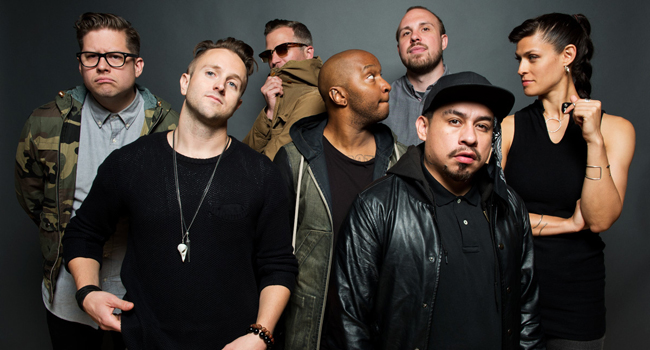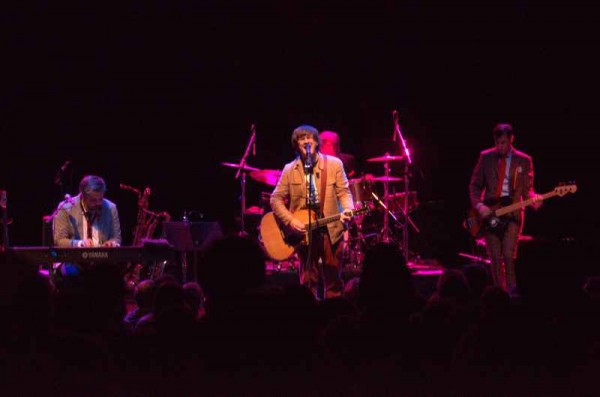Liberal Arts is about a grown man who misses his college days. Not the wild parties, binge drinking, and no-strings-attached sexual conquests, per say, but the sweet and innocent feeling of being young and having the entire world at his feet.
When 35-year-old Jesse (Josh Radnor) re-visits his old stomping grounds and meets 19-year-old drama student Zibby (Elizabeth Olsen), he tells her to cherish every moment of her college experience:
At first glance, Josh Radnor is Zach Braff 2.0: a likeable television star (Braff was J.D on “Scrubs,” Radnor is Ted Mosby on “How I Met Your Mother”) writes and directs a slightly pretentious, yet ultimately charming, passion project (Braff with Garden State and Radnor with Liberal Arts). While Radnor’s film borrows the trope of romantic leads bonding through a shared love of music, he wisely forgoes a cutesy indie rock soundtrack in favor of a criminally under-appreciated genre: classical baroque.
Instead of saying “The Smiths/The Shins/Simon and Garfunkel will change your life!” Zibby gives Jesse a mix CD from her classical music survey class.Beethoven, Vivaldi and Wagner inspire Jesse to view the world in completely new and exciting ways, and also provide a soundtrack that is more artistically sincere and much less trite than others of a similar disposition. At one point of the film, Jesse states the obvious:
“Who says we always have to be listening to obscure indie bands?”
Although never mentioned by name, the campus that Jesse lovingly calls home is also Radnor’s real-life alma mater, Kenyon College in Gambier, Ohio. When Jesse returns to attend a retirement dinner for his “second favorite” professor (Richard Jenkins), piano and sparkling guitar accompany his strolls through the tree-lined promenade and joyous flops onto the familiar green grass. Radnor collaborated with composer Ben Toth to score the film, resulting in a musical ambiance that is pleasant, unobtrusive and refreshingly sparse.
Jesse’s favorite professor (the formidable Allison Janney, also a Kenyon graduate) doesn’t remember him, even though he still gushes about her class over fifteen years later. While wandering the university’s hallowed halls, he meets a Puck-ish hipster named Nat (Zac Efron) and a book-obsessed loner named Dean (Michael Weston) who mirror some of Jesse’s own insecurities:
“Nobody ever feels like an adult. It’s the world’s dirty secret.”
Although wary of a romantic entanglement with the much-younger Zibby, the music she shares with him lights an undeniable spark. The film begins with the grating soundtrack of city life – traffic, car horns and industrial white noise. However, with classical overtures playing in Jesse’s headphones, his urban landscape suddenly takes on a new kind of beauty and grandeur.
As Jesse goes about his daily life in New York and Zibby remains in Ohio, they write letters back and forth, mostly discussing the centuries-old compositions that both intrigue and arouse them. For example, everyone looks more attractive while listening to Mozart. Additionally, while listening to one of Wagner’s operas, Jesse experiences an intensely physical and emotional connection to his surroundings. “Will this music be the death of me?” he wonders, “If so, you have blood on your hands Elizabeth.”
“Do people write music like this anymore?” Zibby laments. This bane of intellectualism is also alluded to in the film’s opening title card: “He that increasingth knowledge increaseth sorrow –Ecclesiastes 1:18.” While Liberal Arts does include heartbreak, the film is mostly about re-discovering joy and realizing that growing up (and growing old) is just another one of life’s great adventures.
As Jesse writes:, “Grace, I realized, is neither time nor place dependent–we just need the right soundtrack.”



